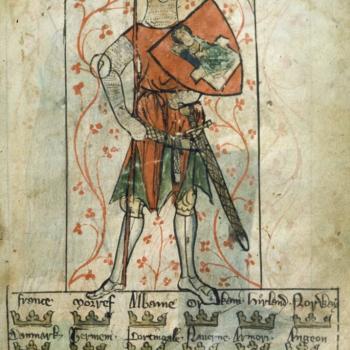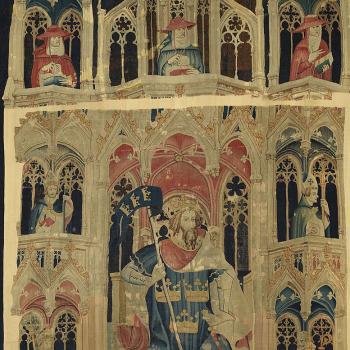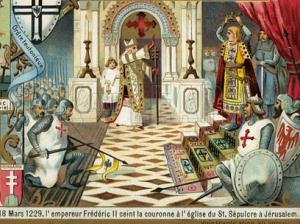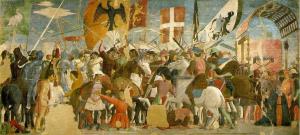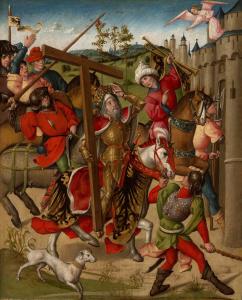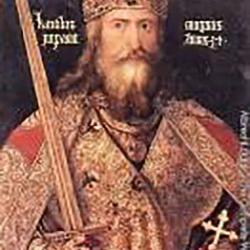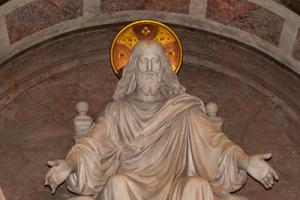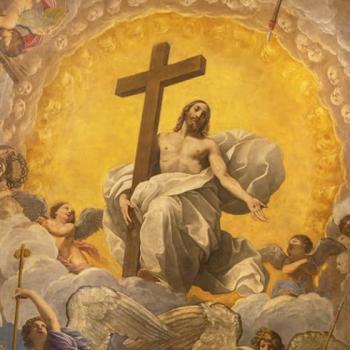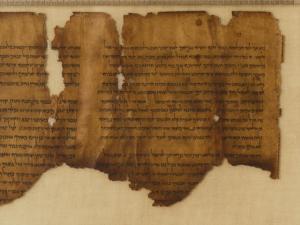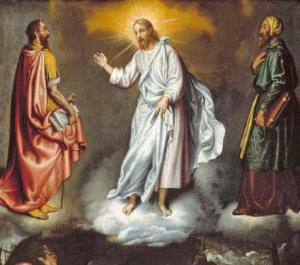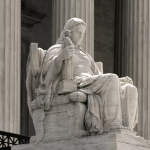If one were to compile a list of texts that have defined the shape and scope of the Arthur story in the popular imagination, Geoffrey of Monmouth’s Historia Regum Britanniae (History of the Kings of Britain) and Sir Thomas Malory’s Le Morte d’Arthur (The Death of Arthur) would be at the top. Geoffrey’s text is generally regarded as the beginning of Arthurian literature as we know it. He did not invent Arthur; as shown last week, the king had a... Read more

